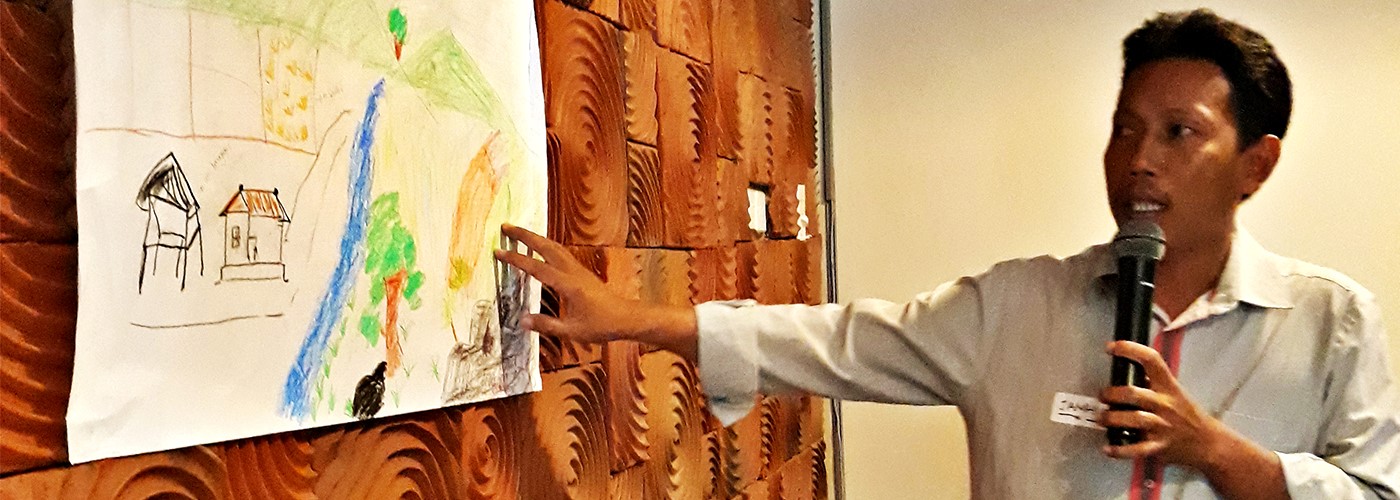Accessing mining information: a one man’s attempt to restore the damaged environment
“The mining industry is destroying our environment,” is what Jamhur says about his province West Nusa Tenggara in Indonesia. While tourists flock to the province for its stunning beaches and mountains, the environment is under pressure. Jamhur explains, that excessive and illegal mining is causing coastal erosion, disrupting the local fishery, and polluting the water and health of people. Jamhur believes that the first step to restoring the damaged environment is getting all the information.
That’s why, last March, he followed the training ‘Understanding Citizen Participation in Monitoring the Mining Sector’. The training was organized by the organizations Publish What You Pay (PWYP) Indonesia and Solidarity Society for Transparency (SOMASI NTB), both supported by Hivos’ Open Up Contracting program. The organizations try to increase the public participation in the sector and in accessing public information. The Data of the Information Commission shows that while there were 55 requests for information from citizens in 2015; that number went down to 22 requests in 2018 and only 2 requests in 2018. None of these requests that were submitted were questions related to the mining sector.
In the training, Jamhur learned that every citizen has a right to obtain public information. Not long afterwards, Jamhur decided to file a request for information with the help of SOMASI NTB. In the province, he is the first person to submit a request for information with the mining industry in at least 5 years.
Jamhur asked for three documents from the Department of Energy and Mineral Resources of West Nusa Tenggara Province: the lists and documents with mining business license, the environmental impact analysis report, and information on the mining royalty payments, all in the West Lombok Regency.
After not getting any response for seven days, Jamhur sent another letter, restating his requests. Only after sending the second letter, Jamhur heard back from the Department. They were only able to share a list of company names with him, most of which were rock mining companies. They suggested to Jamhur to get the other information at other Departments at provincial or regency level.

Jamhur followed the suggestions and sent the request for information to the other Departments. After not hearing back again at first, he again only received a list of mining company names. Jamhur was disappointed about this setback. “They don’t consider requests for information from an individual like me as an important thing. They don’t take it seriously,” he said.
But despite the setback, Jamhur stays determined to continue requesting information related to the mining sector. He wants to share the information he did get and is encouraging citizens in his area to have open discussions on mining related issues. His energy has inspired other citizens in the area to also submit information requests. There are plans to submit several documents related to the Village Fund (funds for village development), public service delivery, and land ownership.





